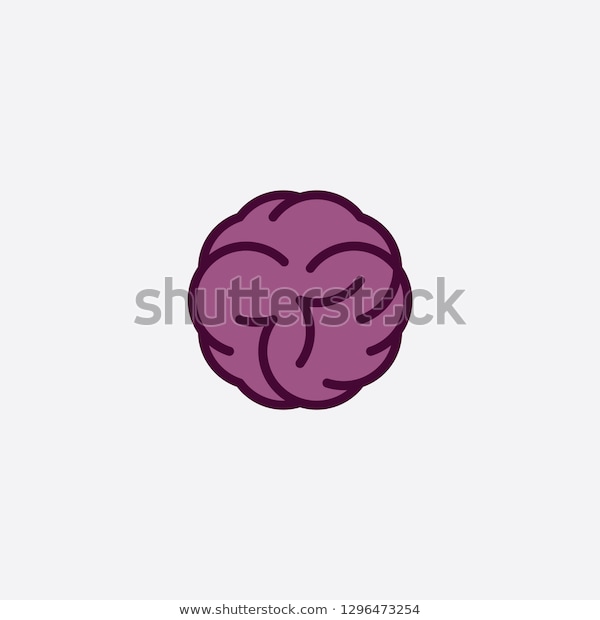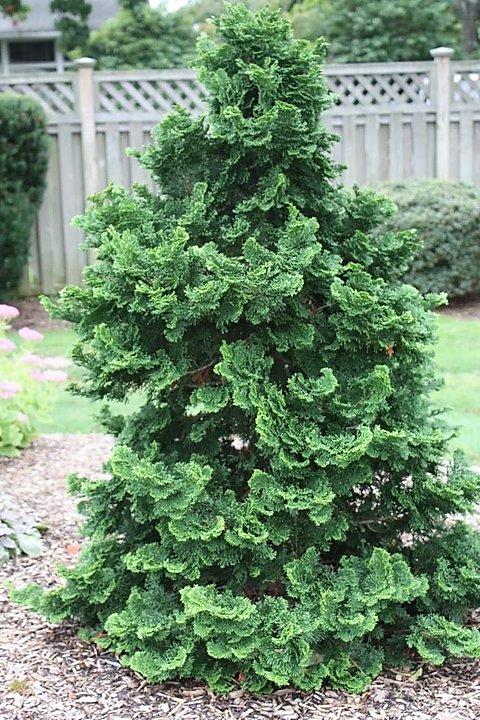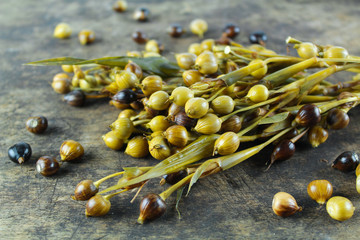Gut microbe bifidobacteria found to help fight cancer
Apr
1
The report was led by Prof. Yang-Xin Fu at the University of Texas Southwestern Medical Center and Prof. Ralph R. Weichselbaum, co-director of The Ludwig Center for Metastasis Research at the University of Chicago. Originally reported in the Journal of Alternative Medicine, the injection of bifidobacteria in mice successfully converted the nonresponder mice into responders. They found that bifidobacteria survive within the low oxygen environment inside tumors. Current treatments block the aid from our natural immune response.
Having made this finding, the scientists are also conducting several additional clinical trials using other anaerobic bacteria, namely Salmonella typhimurium and Clostridium novyi–NT, to destroy tumors.
(See https://rupress.org/jem/article-abstract/217/5/e20192282/133861/Intratumoral-accumulation-of-gut-microbiota?redirectedFrom=fulltext, and https://www.medicalnewstoday.com/amp/articles/gut-bacteria-may-boost-cancer-therapy-by-colonizing-tumors ).






